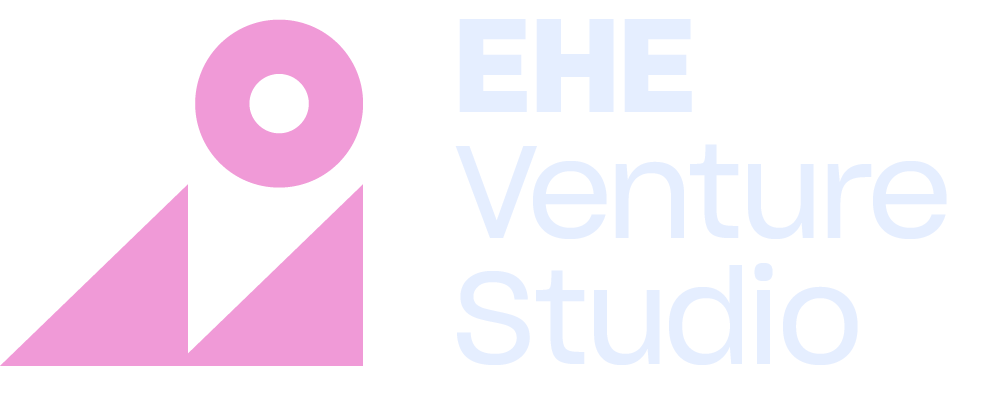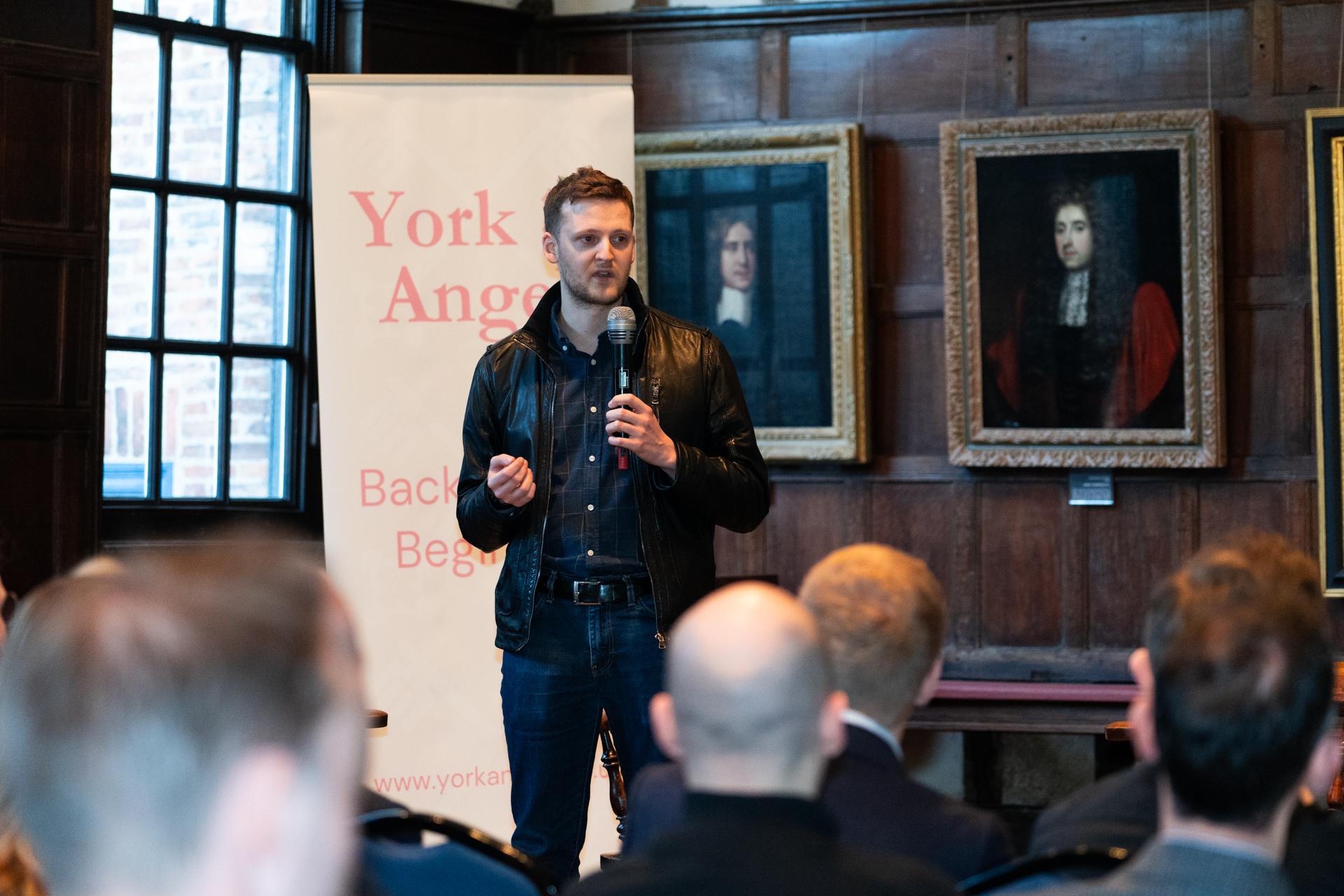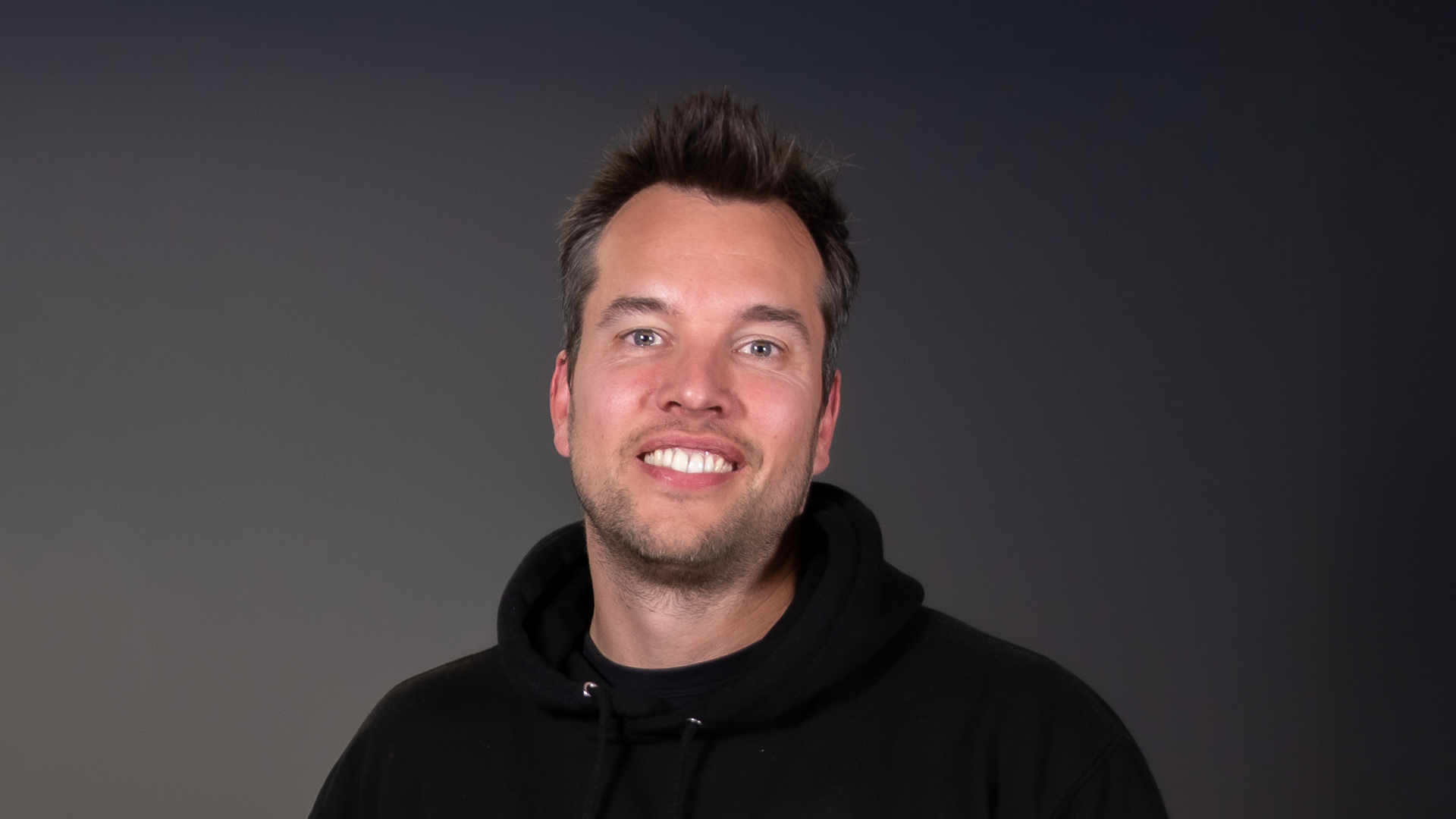How to make your first hires

- Pre-Seed
- Seed
Listed out in this guide will be considerations you should be thinking about when making your first hires.
Your first hires are often equally as important hires as latter stage ones.
That’s because these individuals are not just filling competency needs that your company requires but they set out the core foundations and support the DNA of the company.
Below I’ve listed out some of the key things you, as a founder, need to consider based on my own experiences.
Culture
First hires will have significant influence on setting the culture of the firm. How everyone thinks, how everyone works, how everyone behaves; you have to get alignment at the earliest opportunity. Values have to align with yours and when you’re bootstrapping like all firms do in their early stages, you want people who will willingly “be in the trenches“ with you for the good of the firm. Personality clashes at this stage have a disproportionate impact in small teams and are hugely disruptive.
Good purpose led businesses have a mission, a strong cause. They are doing something that solves a genuine problem or have been set up for a reason to really make a difference. Often firms will have created a mission statement but the first hires have got to genuinely resonate with it and be enthusiastic and passionate about what the company is trying to do
🔗
Defining the roles
Understanding what the key roles are and where the real gaps are is critical. You shouldn’t follow the generic guidebook of what you think you should have, work out what you really need to grow revenue or build the product. Each business is individual and delivering actual results will be important to demonstrate the potential of the company for growth and further funding rounds. Showing early tangible results to investors have become much more important in the last few years than just selling unproven concepts and “dreams”.
Core roles will need detailed job descriptions so there’s no ambiguity about what needs to be done and what is expected. However, extra flexibility and adaptability will also be required, as early-stage employees will also need a “can do” attitude and will often need to pick up additional work.
Additional skills to look for
Real life examples of an ability to work in small lean organisations. Often people on paper will fit the role but their expectations are that other people will do the work and they will want to hire straight away to ease their workload. People who will get their hands dirty are desirable.
All businesses will encounter problems however mature they are – things never go exactly to plan! In that sense people who have shown problem solving skills and those that have complementary skills to your own are attractive.
We mentioned flexibility earlier, although you should be looking for strong technical, corporate discipline, people with an added entrepreneurial mindset are also desirable, as they will need to be comfortable with the uncertainty and volatility of an early-stage business.
People with a growth mindset: they should want to grow personally and with the business and be happy to take on stretch tasks
Hiring Tips
Summary
Your first hires are really important and can set the standards for how you want to progress. Only a few of them will be on the whole journey with you. Don’t ignore the red flags when going through the process. Those that aren’t comfortable with risk or can’t demonstrate real examples of overcoming challenges are unlikely to last the course. Equally those who can manage themselves and can evidence successfully overcoming adversity along with showing a passion for your mission are hugely desirable.













